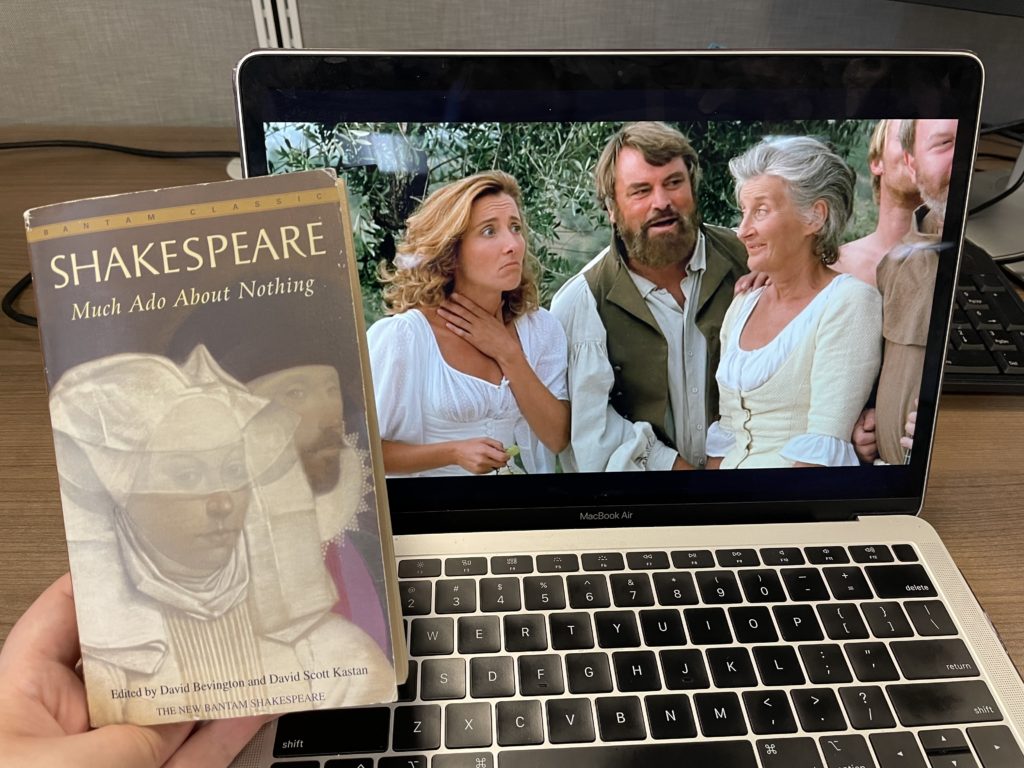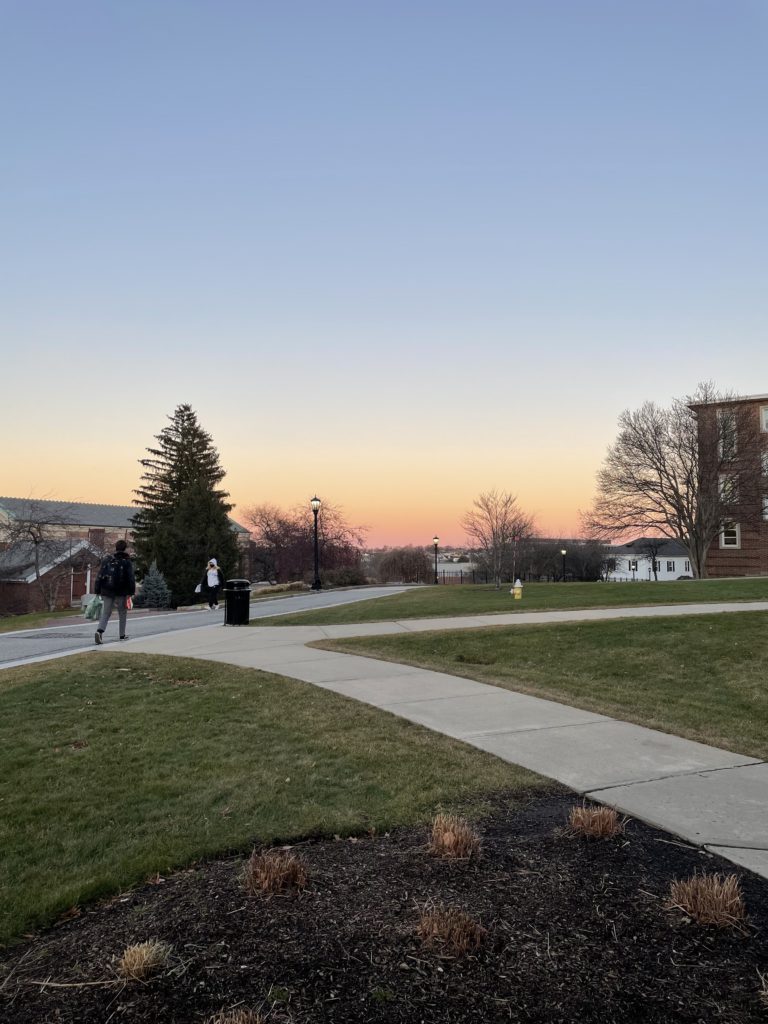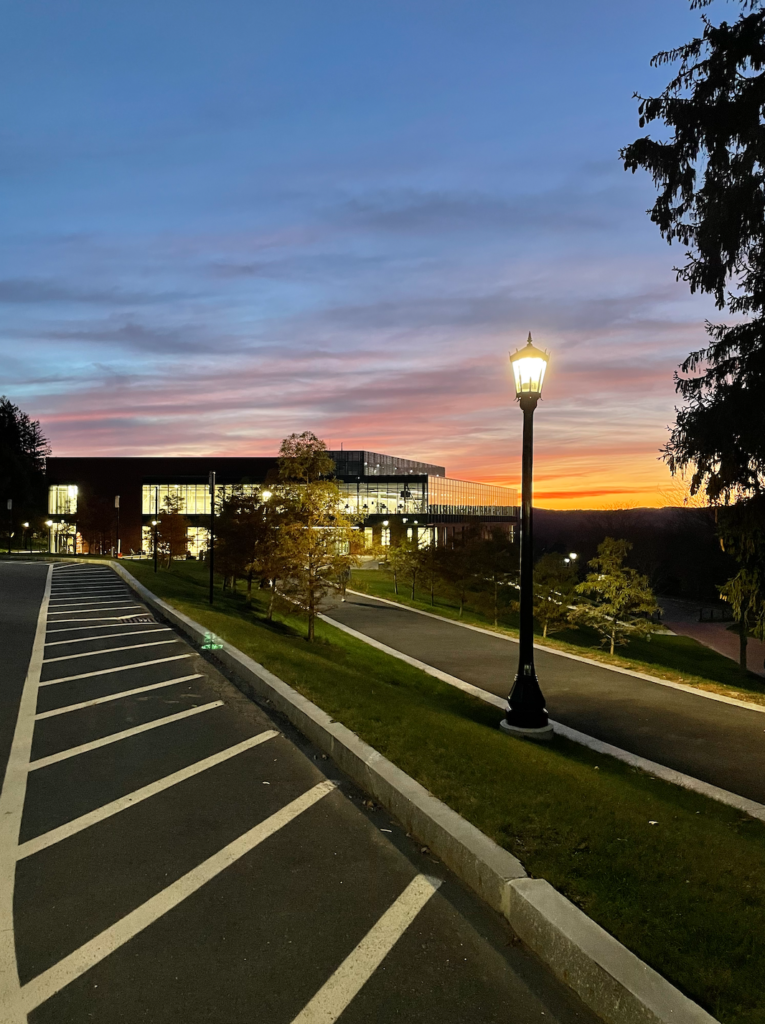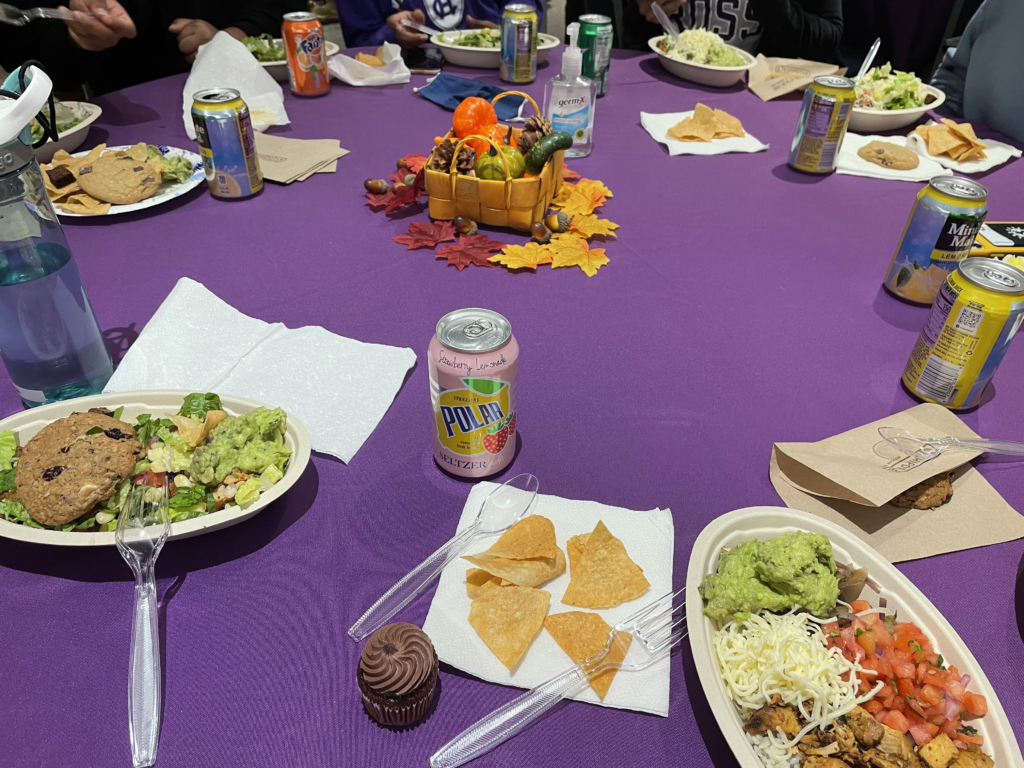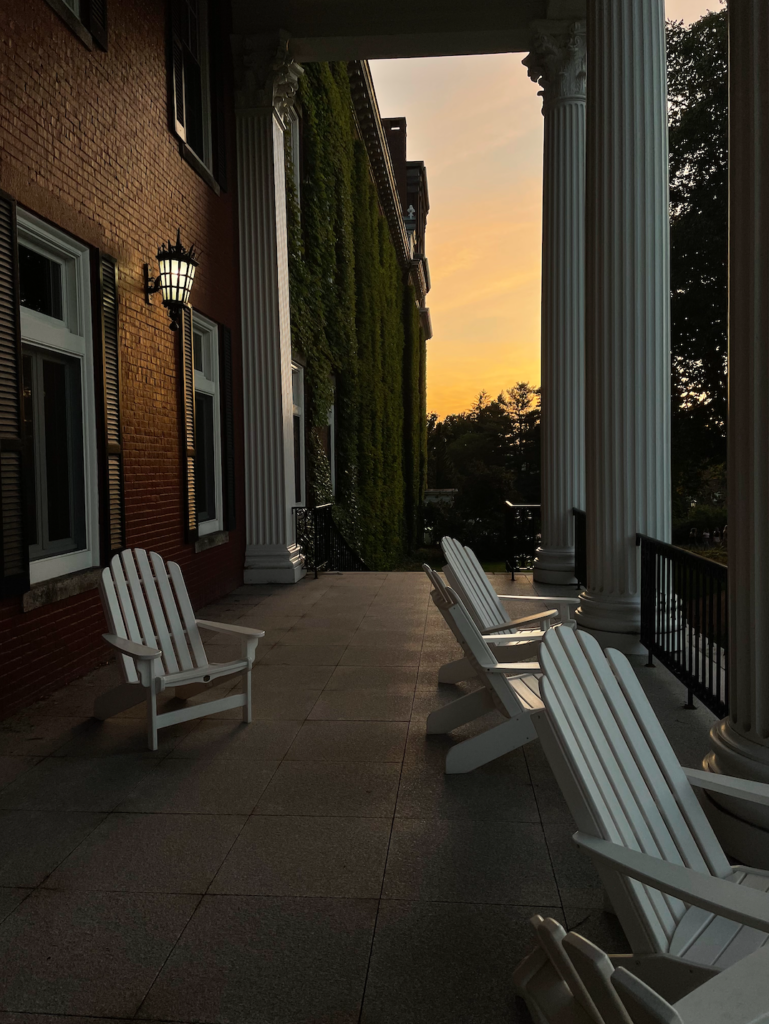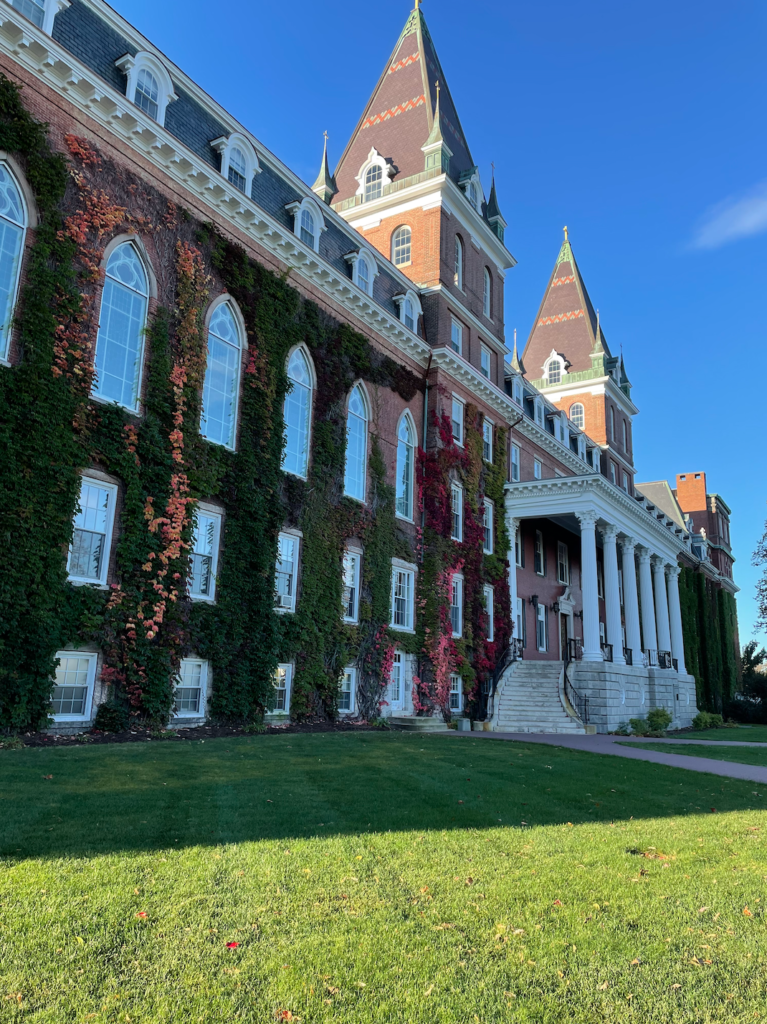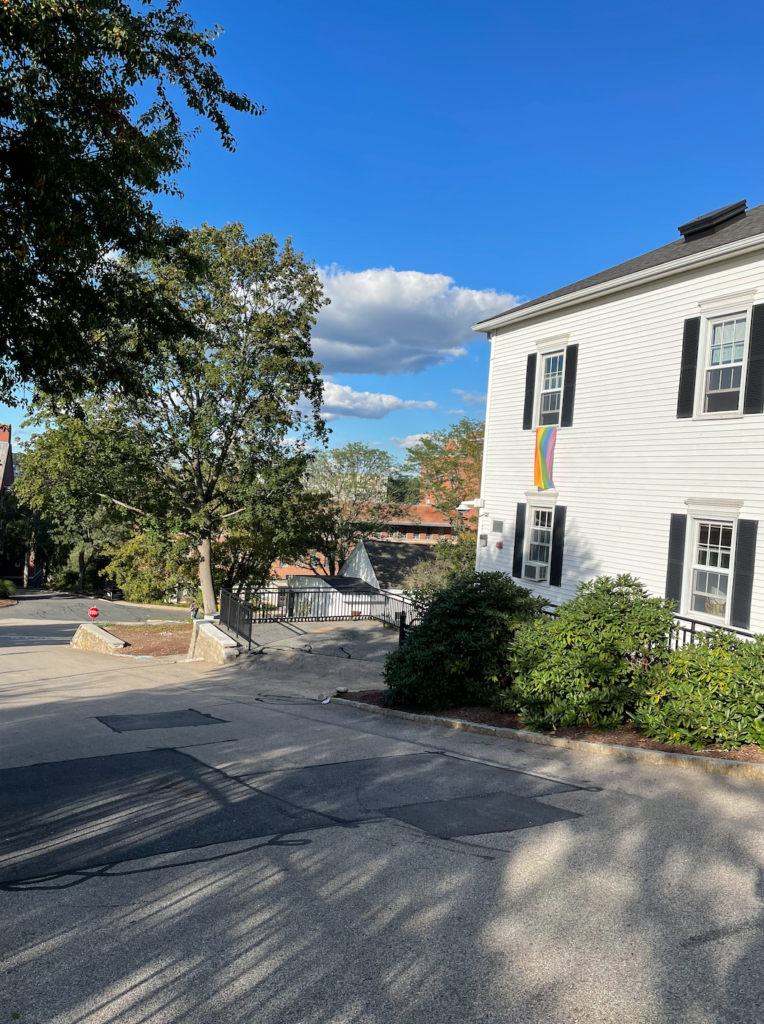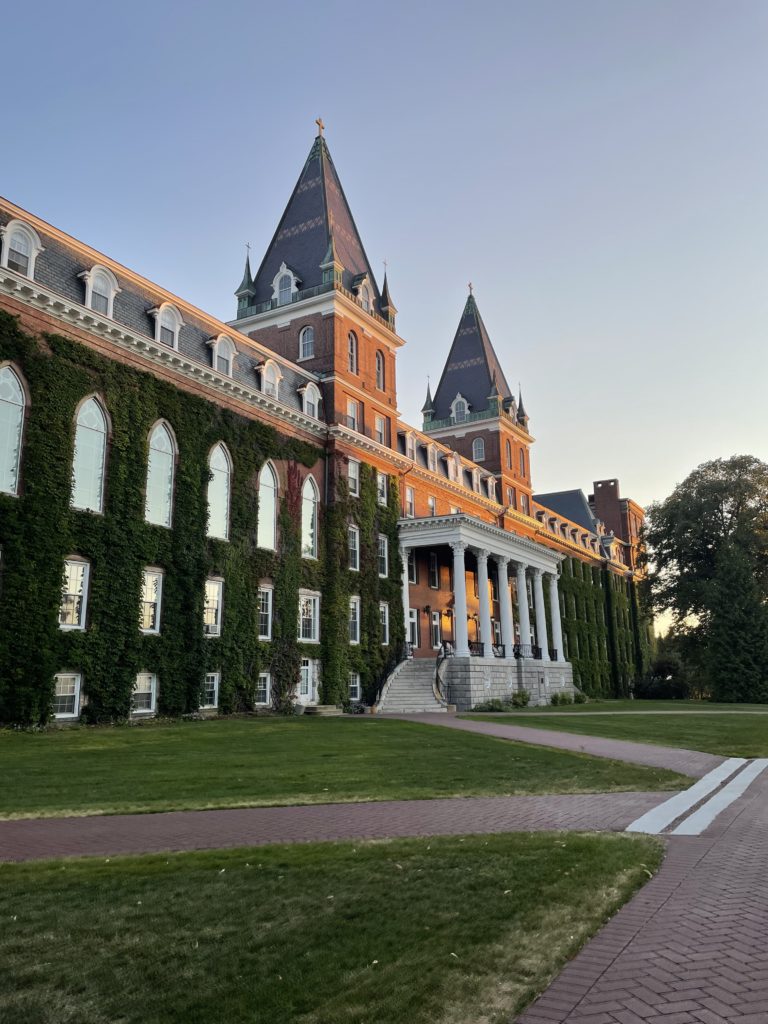One thing that drew me to Holy Cross was the personalized liberal arts curriculum. I knew that I wanted to go into college keeping my options open and then, later, narrow down my interests. I did not want to go somewhere that encouraged students to pin themselves down to one particular area of study very early on in their college careers. Holy Cross has allowed me to explore a broad range of subjects before deciding on my major and concentration through its common requirements and interdisciplinary curriculum.
At the beginning of my freshman year, I took a variety of courses that fulfilled various common requirements, which allowed me to explore many different fields. In the fall, I took anthropology, the biology of addiction, Spanish, and my Montserrat, the ethics of silence in spirituality. The spring semester of my freshman year, I decided to declare my major in English with a concentration in gender, sexuality, and women’s studies after taking poetry and poetics, the entrance course to the English major. As cliché as it sounds, I “followed my heart” and chose to major in something for which I felt passionate. I knew that if I had majored in a subject just for more apparent stability, I would not feel happy or motivated to focus on my school work. Choosing to major in something that I love has allowed me to enjoy the material and excel in my academics simultaneously.
Since I was a teenager, I have always had a long-term career goal of going into the film industry. More particularly, I would love to become a film director or editor. At the age of 12, I decided to create a YouTube channel and teach myself Adobe Premiere, a video editing software. I absolutely love video editing and short filmmaking, and I have landed part-time jobs and internships through the Career Center that have let me further develop these passions.
One may look at these two fields, English and film, and ask, how could they possibly connect? On the surface, English seems like a counterintuitive major and an unconventional path to film. At their essences, however, English and film both hold a central goal of storytelling. Majoring in English allows me to study the basics of storytelling and the archetypes that are common to many different types of stories. The study of these patterns will train me to become a successful storyteller.
I especially love taking classes that fulfill both my English major and my gender, sexuality, and women’s studies concentration. This semester, I am taking Feminist Literary Theory with Professor Jackson, and it greatly interests me to study critical theory and literature at the same time. This is just one example of the amazing, personalized liberal arts curriculum at Holy Cross.
Majoring in English gives me more flexibility and career options than if I had attended film school. If I end up deciding that film is not suitable for me in the future, then I can enter a wide variety of other careers as backup options. Some prospective filmmakers attend a film school, others major in something completely unrelated, and many do not attend college at all. Each person has a unique path that leads them to film, and, generally, the most valuable thing is to acquire hands-on experience creating films. Since the liberal arts education at Holy Cross emphasizes critical thinking skills, problem-solving, and unconventional, creative thinking, which are three major assets in the workforce, I feel prepared to accomplish anything.
